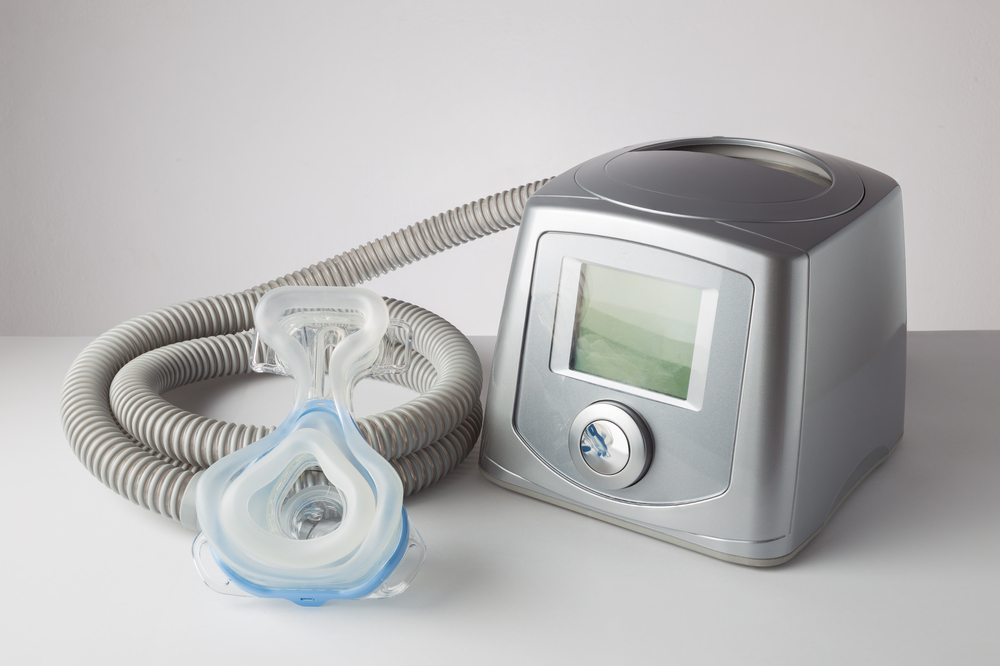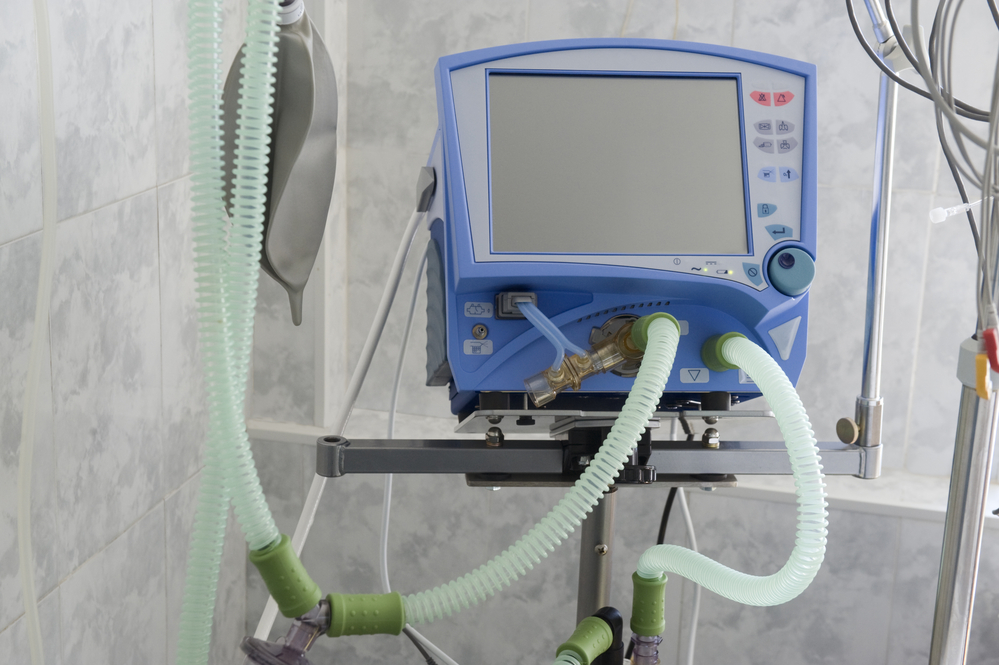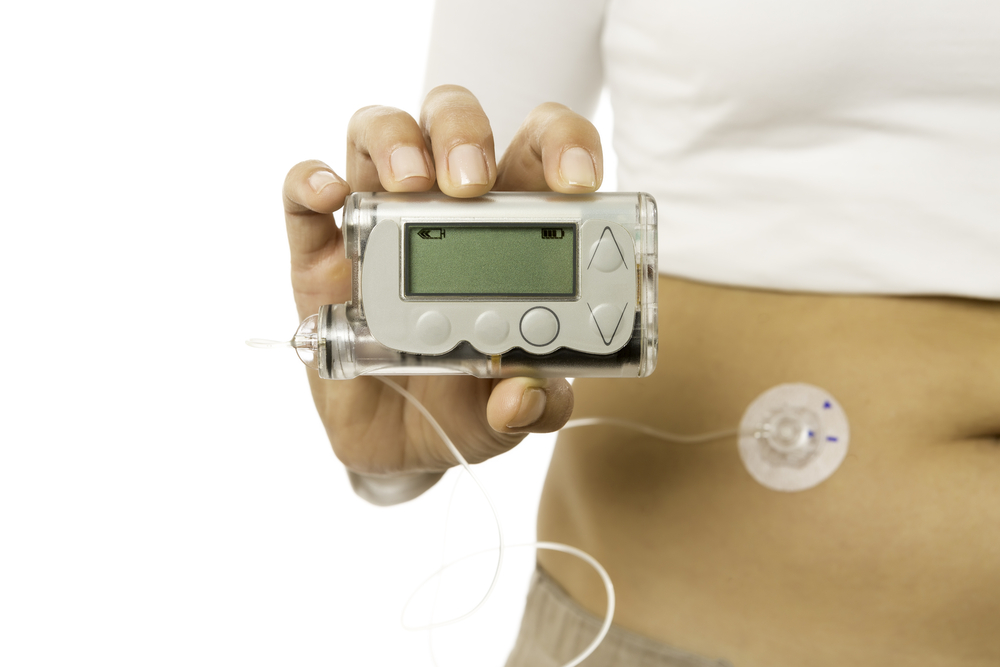Health Insurers Restrict Coverage for Morcellator Use
Following concern over the safety of laparoscopic power morcellator, an increasing number of health insurance companies in the United States have decided to restrict coverage of procedures involving the device. Across the country insurers of more than 90 million Americans are either considering limits on the use of the device or outright restricting it. Some of the country’s largest health insurers are involved in the effort, which comes after an FDA warning last year recognizing the device can cause undiagnosed cancer to spread in patients.
The country’s fourth largest health insurance provider, Health Care Service Corp., covers nearly 15 million Americans throughout five states and is the most recent company to join the effort to restrict morcellators. The company is affiliated with five Blue Cross and Blue Shield units in Texas, Illinois, Montana, New Mexico, and Oklahoma. Pending final review, most morcellator procedures will not be eligible for coverage and use of the device will be labeled as “not medically necessary” by the company.
Aetna Inc., and United Health Group, Inc. are also in the process of changing their policy concerning morcellators. Aetna is reviewing potential changes in coverage and United Health Group now requires doctors to obtain authorization for any hysterectomy in all non-outpatient situations.
Despite the danger and the number of health insurance companies making changes to coverage, there are still those that continue to cover morcellator procedures.
How Do Morcellators Work?
Morcellators are used by doctors to slice tissue in the uterus and remove fibroids. This is often done during hysterectomy operations. Because the morcellator breaks tissue into small pieces, it is easy to remove in the least invasive way possible. This reduces many of the risks associated with traditional hysterectomy operations.
Despite the benefits, many doctors and patients have found that the risk associated with morcellators far outweigh the upside. In 2013, the FDA estimated that one in 350 women who undergo fibroid procedures suffer from uterine sarcomas, a very rare kind of cancer that forms in the uterine muscles or tissue supporting the uterus, and the disease has yet to be diagnosed. The action of the morcellator to break up the fibroids actually leads to the spread of these undetected cancer cells throughout the abdominal cavity. That November, the FDA issued a statement advising doctors to avoid morcellator use on the “vast majority of women,” and requested a black-box warning be added to the devices.
Johnson & Johnson, at one time the world’s largest manufacturer of morcellators, no longer makes the device. Other health insurance companies reviewing their policies concerning morcellator coverage include:
- Blue Shield of California: recently declared morcellation for fibroids “investigational,” which means it will usually not be covered
- UPMC Health Plan in western Pennsylvania: recently stopped providing coverage or reimbursement for hysterectomies done using morcellators
- Blue Cross Blue Shield in Massachusetts: ceased all coverage for morcellator procedures
- Highmark Inc. affiliated with Blue Cross and Blue Shield in Pennsylvania, West Virginia, and Delaware ceased coverage of morcellator procedures in the fall of 2014
- Amerihealth Caritas in Washington DC and five surrounding states: recently declared morcellator use investigational and medically unnecessary
Dissenting Opinions
Despite the warnings and efforts to eliminate morcellator use from the medical community, there are some doctors who still believe the device to be useful. The American College of Obstetricians and Gynecologists is reluctant to completely restrict the device because it would lead to more woman choosing open surgery. Some women would benefit from a less invasive procedure and in these cases, the benefits of morcellator use outweigh the risks.
The differences in opinion are causing tension between insurance companies, doctors, and advocates for and against morcellator use.
Notwithstanding claims relating to this product, the drug/medical device remains approved by the U.S. FDA.
News Tags
- urgent
Have you been affected by a drug or device listed?

You May Be Eligible for Compensation.
If you or a loved one suffered injury or death after using a drug or medical device, contact us today for a free case evaluation.
We value your privacy. By submitting this form, you agree to our privacy policy and disclaimer.


